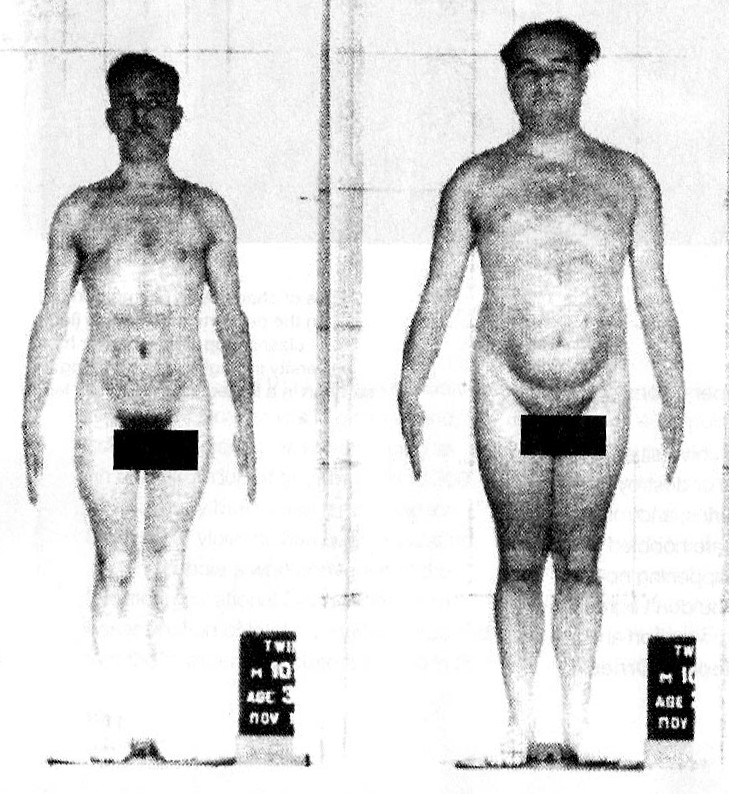What do you say to someone who prefers that real children die so that stem cells can live? Notes on Proposed Missouri Amendment 2
An evangelical acquaintance recently wrote me a letter arguing that the pro-stem cell research proposal (Missouri Amendment 2) A) is geared to financially enrich its sponsors, B) that it will invite reproductive cloning and C) that poor women will result in poor women selling their eggs. She urged me to oppose the Amendment and oppose various promising forms of stem cell research.
For information on the proposed amendment, see here.
Even before receiving this letter, I knew that my acquaintance believed that a one-minute old fertilized human egg in a Petri dish is a baby that deserved full legal protection and priority over the children with horrible illnesses who occupy hospital beds. My acquaintance indicated that she was part of an organized effort to defeat Missouri Amendment 2.
I am not thrilled with my response (see below), but I couldn’t think of anything better. If anyone has any ideas as to a more effective way to deal with those who oppose stem cell research on religious grounds, I’m all ears.
—
Dear [Acquaintance]
I realize that you feel hurt and attacked by my previous email. In this e-mail, I will attempt to put our recent exchange of e-mail in perspective.
The technology for making insulin is currently based on recombinant DNA techniques; the human gene which codes for the insulin protein is cloned and then inserted in bacteria. I want you to assume for a moment, though, that my religion holds that both the cloning of genes and recombinant DNA …


